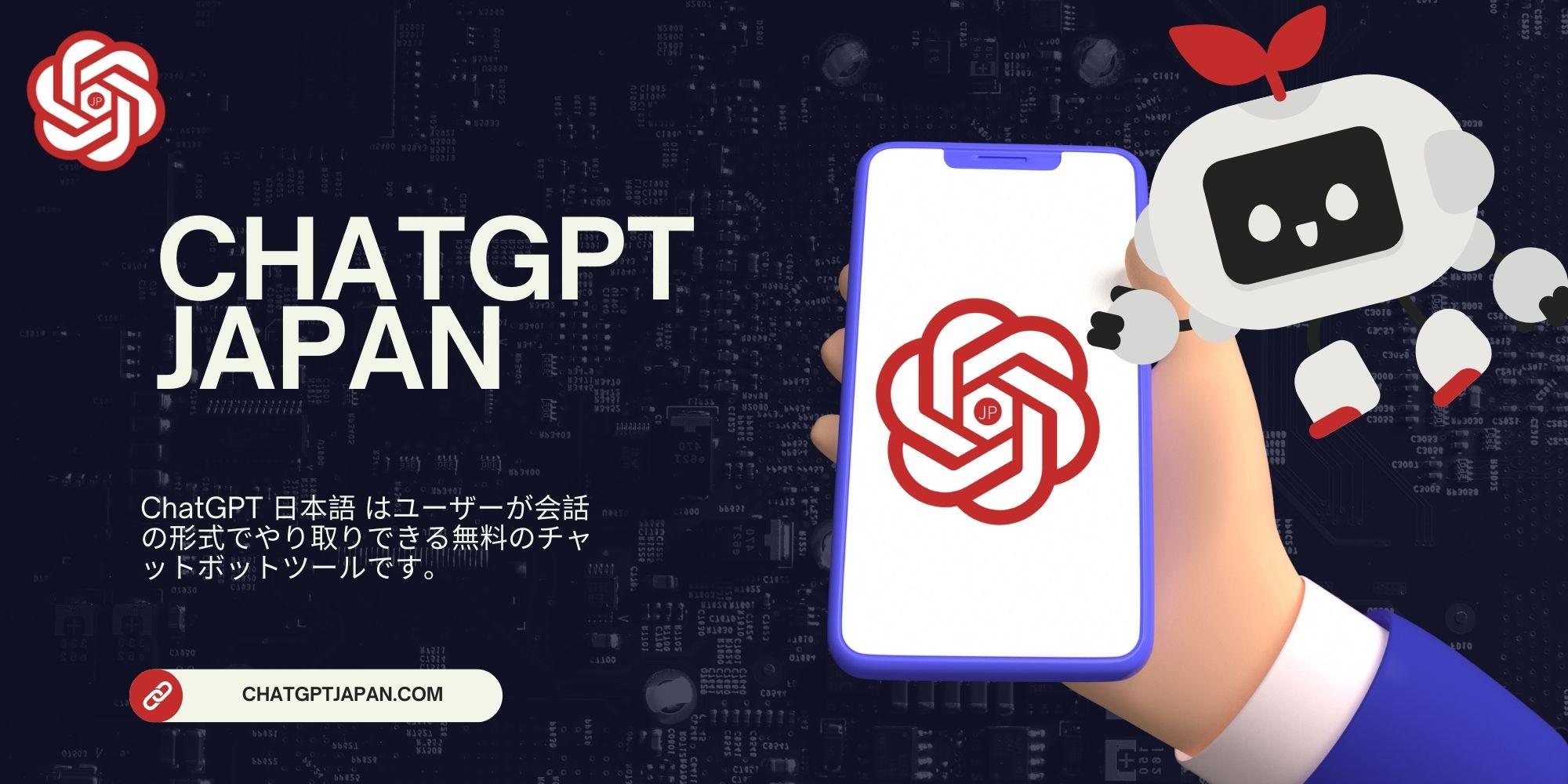Introduction
In Japan, a nation renowned for its exceptional customer service standards, businesses are constantly seeking ways to innovate and improve the customer experience. With the integration of AI technologies like Chat GPT, customer service is entering a new era of efficiency, personalization, and accessibility.
This essay explores how ChatGPT supports customer service in Japan, highlighting its applications, benefits, and potential to transform the industry. By addressing key challenges and providing actionable insights, ChatGPT is proving to be a valuable tool for businesses aiming to elevate their customer service offerings.
The Role of Customer Service in Japan
1. High Expectations from Japanese Consumers
Japanese customers are known for their high expectations when it comes to service quality. Punctuality, politeness, and attention to detail are non-negotiable elements. Businesses must consistently meet these standards to maintain customer loyalty.
2. Challenges in Traditional Customer Service
While traditional methods such as phone support and in-person assistance remain effective, they come with limitations, including high costs, limited operating hours, and the potential for human error. These challenges create opportunities for AI-driven solutions like ChatGPT to fill the gaps.
Applications of ChatGPT in Customer Service
1. Multilingual Support
Japan’s growing tourism and expatriate population has increased the demand for multilingual customer service. ChatGPT excels in providing real-time translations and bilingual support.
Example Use Case:
A hotel in Tokyo uses ChatGPT to communicate with international guests in multiple languages, ensuring seamless check-in experiences and resolving inquiries effectively.
2. 24/7 Availability
ChatGPT operates around the clock, allowing businesses to assist customers outside regular office hours. This is particularly beneficial for e-commerce platforms and global businesses with diverse time zones.
Example Use Case:
An online retailer integrates ChatGPT into its website to handle customer queries about order status, return policies, and product recommendations, even during late hours.
3. Instant Responses to Common Queries
One of ChatGPT’s strengths is its ability to handle frequently asked questions. By automating responses, businesses can reduce wait times and allocate human resources to more complex tasks.
Example Use Case:
A railway company uses ChatGPT to provide instant information about train schedules, ticket prices, and platform locations, enhancing the travel experience for commuters.
4. Personalized Customer Interactions
ChatGPT’s ability to analyze user input allows it to offer tailored recommendations and solutions. This level of personalization improves customer satisfaction and fosters brand loyalty.
Example Use Case:
A cosmetics brand leverages ChatGPT to suggest skincare routines based on individual customer preferences and concerns, boosting engagement and sales.
Benefits of Using ChatGPT in Customer Service
1. Cost Efficiency
Automating routine tasks with ChatGPT significantly reduces operational costs. Businesses can maintain high service standards without increasing staff or infrastructure expenses.
2. Scalability
As businesses grow, their customer service needs expand. ChatGPT seamlessly scales with demand, accommodating larger volumes of customer inquiries without compromising quality.
3. Consistency in Service Quality
Unlike human agents who may have varying levels of expertise or energy, ChatGPT delivers consistent and accurate responses, ensuring uniform customer experiences.
4. Reducing Employee Workload
By handling repetitive queries, ChatGPT allows customer service agents to focus on more complex issues, increasing their productivity and job satisfaction.
Challenges and How ChatGPT Addresses Them
1. Maintaining Cultural Sensitivity
In Japan, polite language and cultural nuances are critical in customer interactions. ChatGPT is trained to use appropriate honorifics and maintain a respectful tone, ensuring it aligns with Japanese cultural expectations.
Example Interaction:
Customer Inquiry: "返品をお願いしたいのですが。"
ChatGPT Response: "もちろんです。返品手続きについてご案内させていただきます。少々お待ちくださいませ。"
2. Integration with Existing Systems
Many businesses worry about integrating new technologies into their existing workflows. ChatGPT offers API solutions that easily integrate with CRM systems, chat platforms, and e-commerce websites, ensuring a smooth transition.
Future Potential of ChatGPT in Japanese Customer Service
As AI technology evolves, the potential applications of ChatGPT in customer service will continue to expand. Future innovations may include:
- Sentiment Analysis: Detecting customer emotions and adjusting responses accordingly.
- Voice Assistance: Integrating ChatGPT with voice recognition systems for phone-based support.
- Proactive Engagement: Using predictive analytics to anticipate customer needs and offer solutions before inquiries arise.
These advancements will further solidify ChatGPT’s role in enhancing customer service in Japan.
Example Success Stories
1. Retail Industry
A major electronics retailer in Japan implemented ChatGPT to assist with product inquiries during peak shopping seasons. The result was a 30% reduction in response times and a significant increase in customer satisfaction scores.
2. Travel and Tourism
A travel agency used ChatGPT to provide itinerary suggestions and real-time travel updates to international tourists. This improved the agency’s reputation and attracted more clients.
Contact
Company name: ChatGPT Japan
My page: https://chatgptjapan.com/
City: Chuo City, Tokyo
Country: Japan
Postal code: 104-0061
Phone number: +8164-221-1078
Email: chatgptjapan.com@gmail.com
Google Map: 7-chōme-14-13 Ginza, Chuo City, Tokyo 104-0061
#chatgpt日本語, #チャットgpt無料, #チャットgpt, #チャットgpt日本語, #chatgpt



